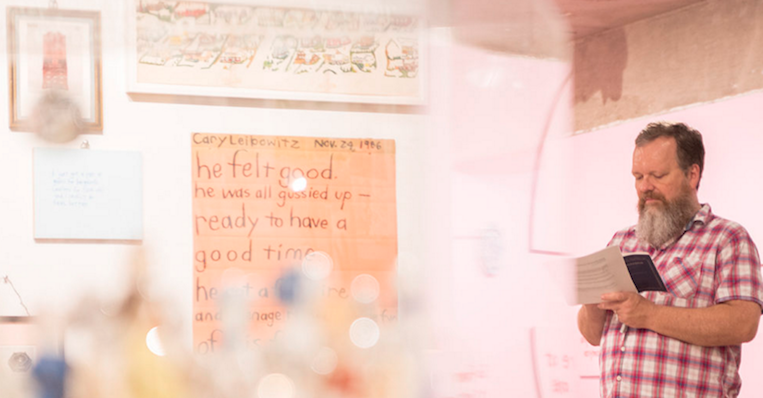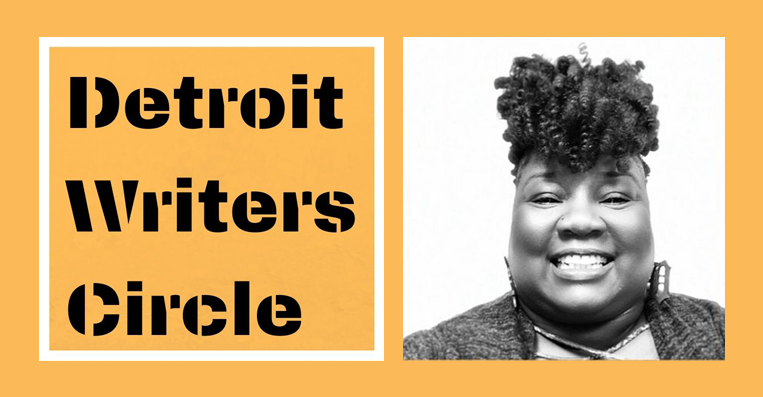As the end of the month approaches, consider submitting fiction, poetry, or nonfiction to one of the following contests. Each has a deadline of January 30 or January 31, and all but one offer a prize of $1,000 or more.
Austin Community College Balcones Prizes: Two prizes of $1,500 each are given annually for a poetry collection and a book of fiction published during the previous year. Deadline: January 31. Entry fee: $25 for poetry, $30 for fiction.
Autumn House Press Rising Writer Contest: A prize of $1,000 and publication by Autumn House Press is given annually for a debut poetry collection by a writer age 33 or younger. Yona Harvey will judge. Deadline: January 31. Entry fee: $25.
Bauhan Publishing Monadnock Essay Collection Prize: A prize of $1,000, publication by Bauhan Publishing, and 50 author copies is given annually for an essay collection. Áine Greaney will judge. Deadline: January 31. Entry fee: $25.
Black Lawrence Press Big Moose Prize: A prize of $1,000, publication by Black Lawrence Press, and 10 author copies is given annually for a novel. The editors will judge. Deadline: January 31. Entry fee: $25.
Caine Prize for African Writing: A prize of £10,000 (approximately $12,600) is given annually for a previously published short story by an African writer. Shortlisted candidates will receive £500 (approximately $550). The winner and shortlisted writers will be invited to participate in workshops in Africa and London. Deadline: January 31. Entry fee: none.
Chattahoochee Review Lamar York Prizes: Two prizes of $1,000 each and publication in Chattahoochee Review are given annually for a short story and an essay. Anthony Varallo will judge in fiction and Alice Bolin will judge in nonfiction. All entries are considered for publication. Deadline: January 31. Entry fee: $18.
Crazyhorse Literary Prizes: Three prizes of $2,000 each and publication in Crazyhorse are given annually for a poem, a short story, and an essay. Cyrus Cassells will judge in poetry, Jamel Brinkley will judge in fiction, and Sue William Silverman will judge in nonfiction. All entries are considered for publication. Deadline: January 31. Entry fee: $20 (subscription included).
Fish Publishing Short Memoir Prize: A prize of €1,000 (approximately $1,100) and publication in the Fish Publishing anthology is given annually for a short memoir. David Shields will judge. Deadline: January 31. Entry fee: €17 (approximately $19) for online entries or €19 (approximately $21) for postal entries.
Iowa Review Iowa Review Awards: Three prizes of $1,500 each and publication in Iowa Review are given annually for works of poetry, fiction, and nonfiction. Stephanie Burt will judge in poetry, Lan Samantha Chang will judge in fiction, and Leslie Jamison will judge in nonfiction. All entries are considered for publication. Deadline: January 31. Entry fee: $20.
Little Tokyo Historical Society Short Story Contest: A prize of $500 and publication in Rafu Shimpo and on the Discover Nikkei website is given annually for a short story that takes place in the Little Tokyo district of Los Angeles. Deadline: January 31. Entry fee: none.
Masters Review Short Story Award for New Writers: A prize of $3,000 and publication in Masters Review is given twice yearly for a short story by an emerging writer. The winning story will also be reviewed by a select group of literary agents. Kimberly King Parsons will judge. Deadline: January 31. Entry fee: $20.
Money for Women/Barbara Deming Memorial Fund Individual Artist Grants for Women: Grants of up to $1,500 each are given in alternating years to feminist poets, fiction writers, and nonfiction writers who are citizens of the United States or Canada. The current round of grants will be awarded to fiction writers and mixed genre writers working in text and image. Deadline: January 31. Entry fee: $25.
New Millennium Writings New Millennium Awards: Four prizes of $1,000 each and publication in New Millennium Writings are given twice yearly for a poem, a short story, a work of flash fiction, and a work of creative nonfiction. Alexis Williams Carr and Don Williams will judge. Deadline: January 31. Entry fee: $20.
North Carolina Writers’ Network (NCWN) Thomas Wolfe Fiction Prize: A prize of $1,000 is given annually for a short story. The winning story will also be considered for publication in Thomas Wolfe Review. Randall Kenan will judge. Deadline: January 30. Entry fee: $25 ($15 for NCWN members).
Regal House Publishing Terry J. Cox Poetry Award: A prize of $1,000 and publication by Regal House Publishing will be given annually for a poetry collection. Peter Schmitt and the editors will judge. Deadline: January 31. Entry fee: $25.
Schaffner Press Nicholas Schaffner Award for Music in Literature: A prize of $1,000 and publication by Schaffner Press is given annually for a poetry collection, a novel, a short story collection, an essay collection, or a memoir that “deals in some way with the subject of music and its influence.” Deadline: January 31. Entry fee: $25.
Stanford Libraries William Saroyan International Prize for Writing: Two prizes of $5,000 each are given biennially for books of fiction and nonfiction. The awards, cosponsored by the Stanford Libraries and the William Saroyan Foundation, are “intended to encourage new or emerging writers and honor the Saroyan legacy of originality, vitality, and stylistic innovation.” Deadline: January 31. Entry fee: $50.
Winter Anthology Writing Contest: A prize of $1,000 and publication in Winter Anthology is given annually for a group of poems, a story, or an essay. All entries are considered for publication. Sarah Gridley will judge. Deadline: January 31. Entry fee: $10.
Visit the contest websites for complete guidelines, and check out the Grants & Awards database and Submission Calendar for more contests in poetry, fiction, and creative nonfiction.






